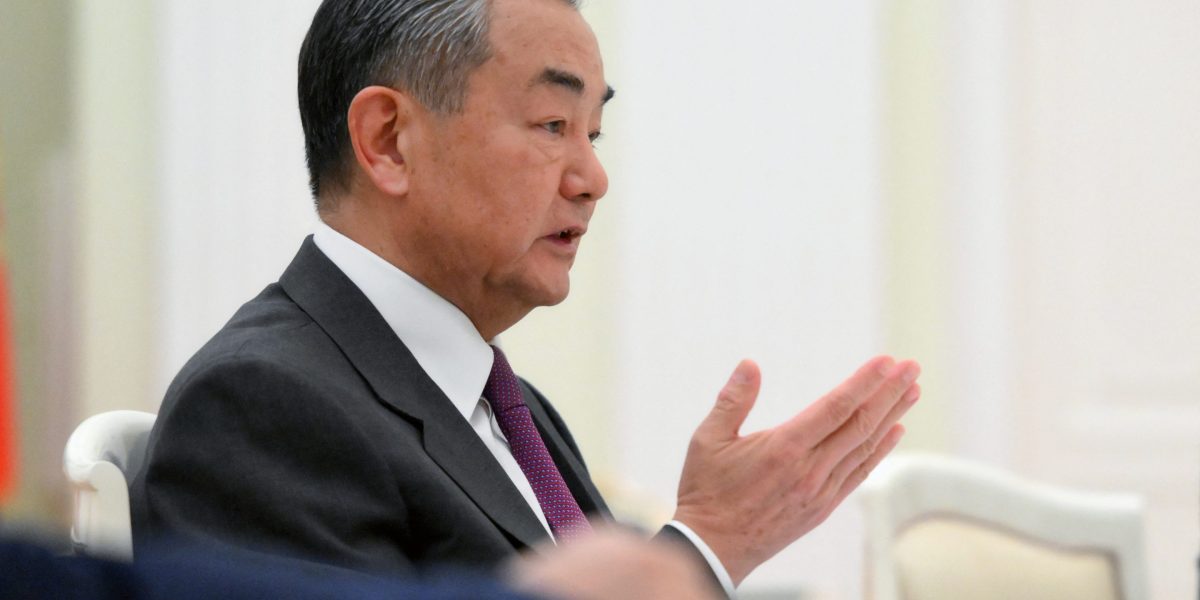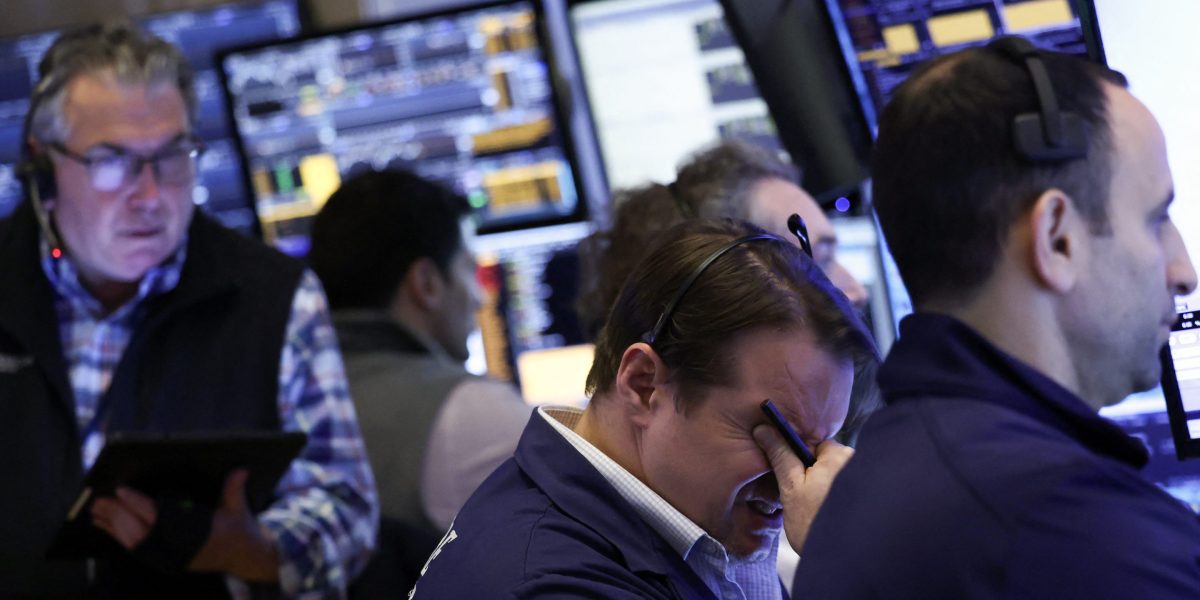Though President Donald Trump has said his aggressive tariff strategy, unveiled this week, will make the markets “boom,” it has so far resulted in a rout, with U.S. equity markets suffering their worst week since March 2020 and more pain likely on the way. And that’s sending ultra-wealthy investors to seek refuge from the financial storm abroad.
The average tariff rate is even higher than in the 1930s, “which means there is no modern-day precedent to predict the economic hit,” says Larry Adam, chief investment officer at Raymond James. The U.S. markets have been tanking in the aftermath, and analysts including from JPMorgan are ringing alarm bells about a potential recession this year. The preeminence and exceptionalism of the U.S. is now being questioned.
Investors are reacting accordingly. Worried about the effects of tariffs and other moves by the Trump administration that could hurt growth in the U.S.—such as defunding research efforts around the country—ultra high net worth and family office investors are rethinking their positions here, at least in the short term.
“We’ve seen a growing interest among high-net-worth family office clients in diversifying a portion of their portfolios outside the United States,” says Jon Ulin, private wealth advisor at Ulin & Co. Wealth Management. “This trend is largely driven by concerns over policy uncertainty and potential economic or market disruptions.”
Of course, many of these wealthy investors already hold sizable investments and real estate holdings abroad, particularly those who were born in another country or have dual citizenship somewhere. But the uncertainty now plaguing the U.S. economy is causing them to double down on looking for better growth opportunities and hedges abroad. Ulin’s team is now tilting managed portfolios more international than U.S. “to better navigate the trade war fall out of domestic stocks and the markets.”
“For them, investing internationally is not just about diversification, it serves as a currency hedge and provides access to government bonds and equities that may not be readily available in U.S. markets,” says Ulin.
At a media event Thursday, Goldman Sachs representatives said they are watching Trump’s moves closely. Many of their ultra-high net worth (UHNW) clients are asking for guidance, though they haven’t fled from U.S. equities just yet. But non-U.S. equities have outperformed so far this year, and broader diversification in general is a goal for the firm. Still, the firm is bullish on U.S. long-term given the country’s ability to innovate.
“There’s still some belief that even if things look murky in the U.S. … the U.S. may end up better than other countries on the other side of the tariffs,” said Elizabeth Burton, senior client investment strategist at Goldman Sachs.
That said, many UHNW clients were thinking of moving money out of the U.S. even before Trump’s so-called Liberation Day. Europe, for example, may be more attractive given its increase in defense spending. In Asia, India is attracting Goldman’s attention.
“For so long, being long the U.S., and particularly large cap U.S., was was the right investment,” said Matt Gibson, Goldman’s global head of the Client Solutions Group. “A lot of our clients in Q4 [2024], as they saw the election happen and so forth, started to wonder if keeping that trade on was the right thing to do.”
Tariff uncertainty is pushing those conversations into overdrive.
“The world has changed in the last three months in a material way,” said Marc Nachmann, Goldman’s global head of asset & wealth management. “Our conversations with clients right now include … how should we think about these tariffs? How should they make us rethink how we allocate all of our assets?”
This story was originally featured on Fortune.com
Source link


 Entertainment8 years ago
Entertainment8 years ago
 Politics8 years ago
Politics8 years ago
 Entertainment8 years ago
Entertainment8 years ago
 Entertainment8 years ago
Entertainment8 years ago
 Tech8 years ago
Tech8 years ago
 Tech8 years ago
Tech8 years ago
 Tech8 years ago
Tech8 years ago
 Politics8 years ago
Politics8 years ago






